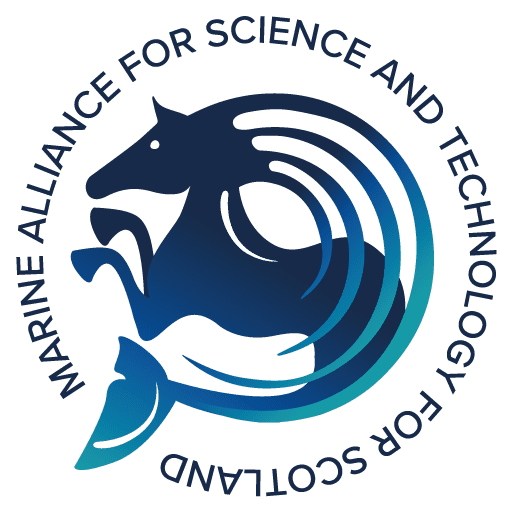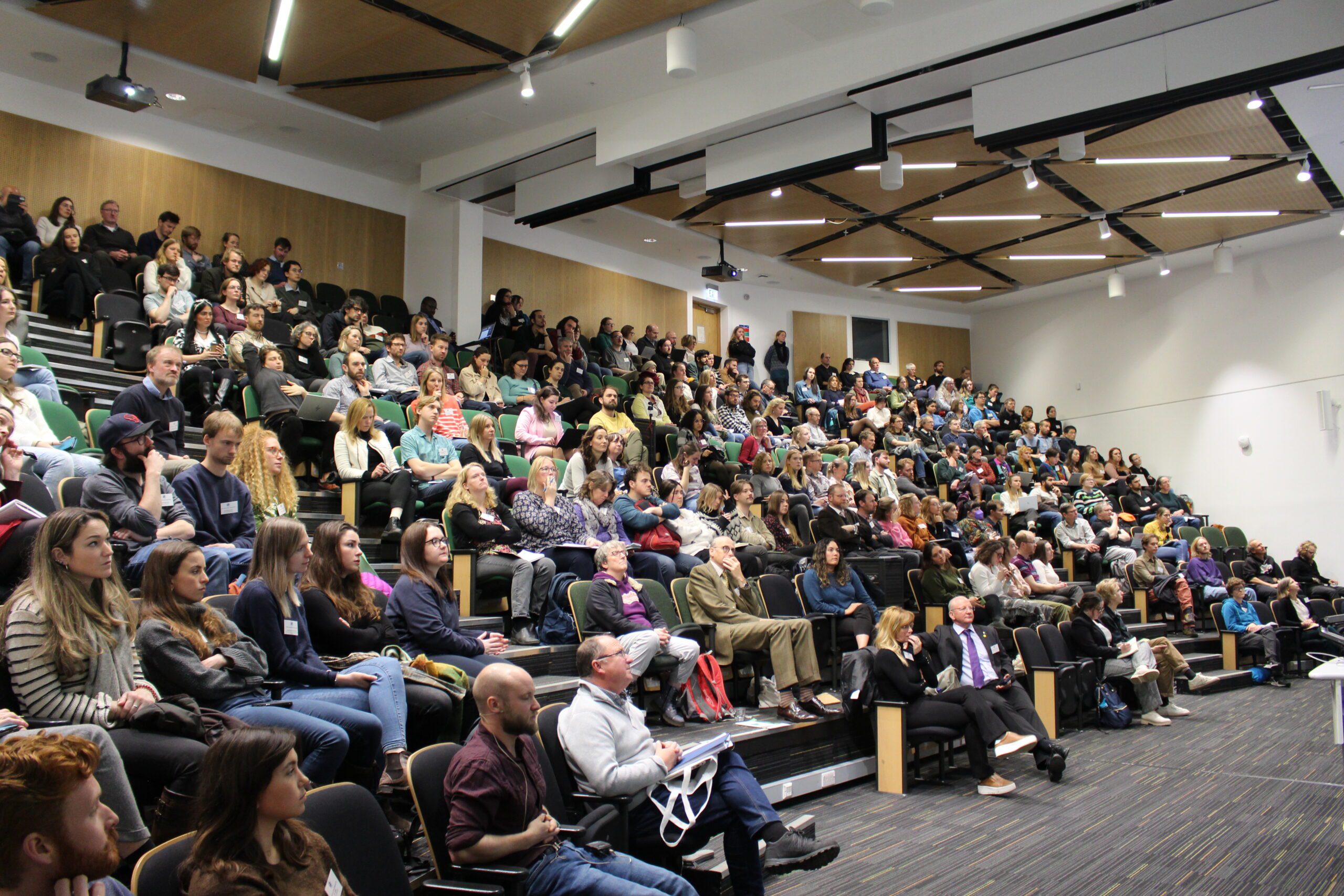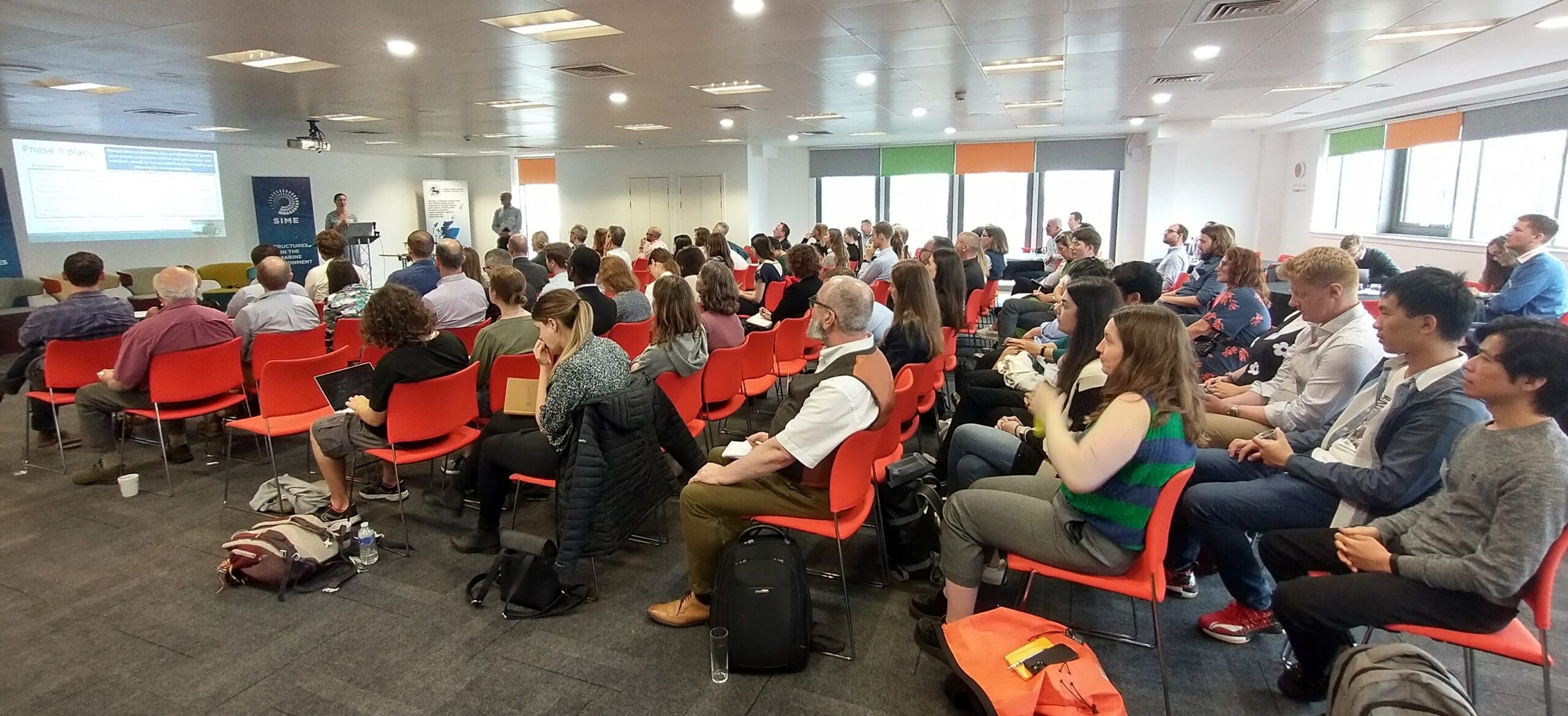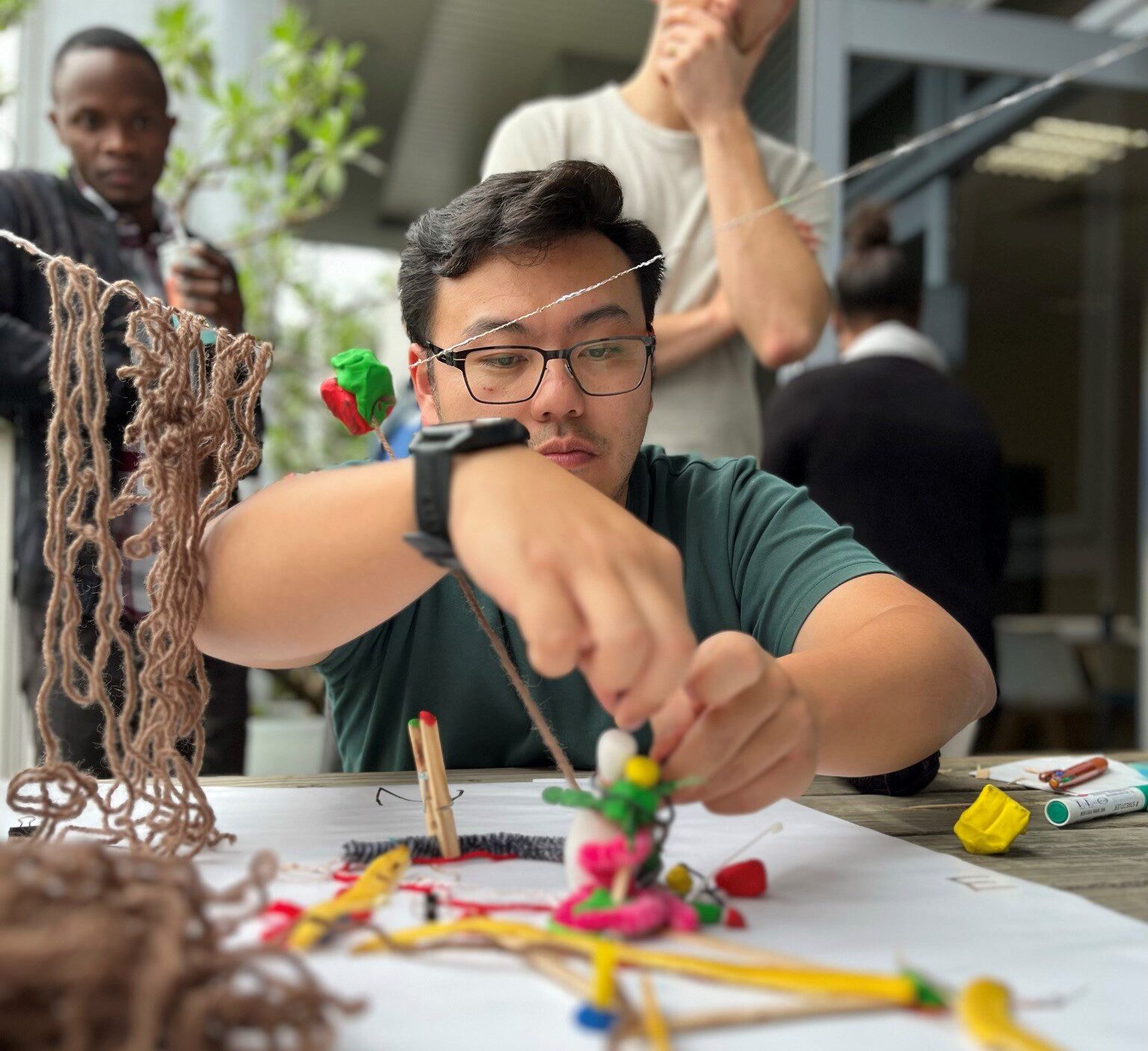2024
10- 12 April Ocean Decade Conference Barcelona -Spain
2024 Ocean Decade Conference, which will be hosted by the Government of Spain in Barcelona from 10 – 12 April 2024, will bring together the global Ocean Decade community and partners to celebrate and take stock of progress, and set joint priorities for the future. Register here
18 April The Why, What and How of Interdisciplinary Endeavour Register here
EMB will host its 39th Third Thursday Science Webinar featuring Nicola Beaumont who will speak on the topic of “The Why, What and How of Interdisciplinary Endeavour”.
14 – 19 April Vegetated coastal ecosystems: Bridging disciplines to understand Blue carbon dynamics under global change
Blue carbon session at EGU will be held on 14 – 19 th April 2024 ,Vienna, Austria & Online. Abstract submissions are now open. Apply here
15 – 19 April EIMR ’24 Conference
Registrations are open now for Environmental Interactions of Marine Renewables conference 2024. Register here
18 April ECOWind Policy Masterclass Series
Registration for the first two webinars for the ECOWind Policy Masterclass Series is open.
This is a series aimed at equipping academics with an in-depth grasp of the policy hot topics shaping the renewable energy sector. Each 1hr webinar will include a presentation, dynamic panel discussions and interactive Q&A sessions.
- The first webinar will focus on the 2024 Policy Landscape and is scheduled for April 18th. Register here
- This will be followed by the Strategic Compensation webinar on May 15th. Register here
24 April 10:00-16:30 MEDIN Open Meeting Register here
The next 5 years in marine data and how you can help
HYBRID at The Crown Estate, 1 St James’s Market, St. James’s, London SW1Y 4AH and online using Microsoft Teams
24 – 30 April –23rd International Pectinid Workshop
will be held from 24th to 30th April, 2024 on Isle of Man at the Empress Hotel, located on the seafront of the island’s capital, Douglas.The workshop is dedicated to the dissemination of knowledge concerning the numerous and varied scallop species of the world. More Details
26 April BR-UK: Open science and the importance of pre-registration Register here
Open research is the practice of making not only the final output of a research process (e.g., the journal article) openly available, but as much of the research process and intermediate research objects (e.g., data and code) as possible available too. In this webinar, Dr Sharon Cox will discuss BR-UK early approaches to Open Science and longer-term commitments. Professor Marcus Munafo will discuss different aspects of open research, and the difference between making our research open (which may not always be appropriate) vs FAIR.
29 April 1.00pm – 2.00 pm – MCCIP webinar series: Marine Spatial Planning Addressing Climate Effects (MSPACE)
MSPACE has now published its ‘early warning system’, a state-of-the-art modelling analysis of UK seas, projecting where, and for how long, conditions remain favourable for important conservation, fisheries and aquaculture species under different climate scenarios. To support publication, MCCIP will host a webinar on the 29th April from 1-2pm providing an overview of the programme, summary of technical outputs, user perspectives from the MMO and DAERA, next steps, and an audience Q and A session.
Registration for the webinar is through this link.
1 May Coastal ‘dead zones’ – are we too late to turn the tide? Register here
Professor Caroline Slomp – Radboud University / Utrecht University
Hosted by The Lyell Centre for Earth and Marine Sciences, Heriot-Watt University
Coastal waters are increasingly losing oxygen, with devastating consequences to marine life.Due to a process called eutrophication, where increased nutrient inputs from, among others, fertiliser and wastewater, increase growth of algae, coastal ‘dead zones’ have arisen worldwide. Examples of such areas include the Gulf of Mexico, the Baltic Sea, and Chesapeake Bay, along with many other smaller coastal systems along all continents.
7 May Introduction to Marine Environmental Law for environmental professionals Register here
We are excited to announce Freeths LLP’s brand-new Introduction to Marine Environmental Law legal training course. An essential half-day legal training course for environmental professionals working on projects in the Marine environment.
9 May – Flood and Coastal Erosion Risk Management (FCERM) areas of research interest launch and webinar
there will be a webinar to introduce the areas of research interest and describe the work of the FCERM Research and Development Programme. You can register your interest to attend the webinar using our online form.
The programme is a collaborative partnership between the Environment Agency, Defra, Welsh Government and Natural Resources Wales.The areas of research interest are aimed at government, academics, research councils, and industry partners. The goal is to make it easier to connect the FCERM operational problems with research solutions.
10 May 10 a.m – 3.00 p.m. – NERC Next Generation Environmental Modelling Community Workshop – registration here.
NERC is organising a workshop to gather views on the key challenges, opportunities, and drivers for new approaches to modelling for Environmental Sciences. If you would like to participate, then you must register in advance and provide some information on why you would like to attend the event. Places are limited, therefore if the event is oversubscribed, a selection of participants will be undertaken by NERC with the outcome notified to all on the 3rd May 2024.The event will be held in a central location in London, the venue is tbc.
If you have any questions please contact Andrea Sharpe at: [email protected]
16 May 8th Offshore Wind and Ornithology conference – ScottishPower Renewables Register here
This free event brings stakeholders from across the renewables industry to present industry updates, current research, monitoring programme results as well as work being planned for the future. The event will be held on the 16th May 2024 as a hybrid conference at ScottishPower HQ, Glasgow, as well as being available online for those who cannot attend in person.
17 May Coastal change and shoreline management planning: lessons for coastal governance Register here
A panel discussion broadcast live from the Royal Geographical Society. Register here to join online and hear the stories of researchers and practitioners working on the coast, and debate how much progress the UK has made in dealing with coastal hazards, risks to populations, and coastal change.
20 22 May – Estuaries & Coasts of North-west England, ECSA Focus meeting 2024 ( University of
Cumbria’s Fusehill Campus in Carlisle)
Covering Estuaries and Coasts of North West England and South West Scotland. The UK Focus meetings of the Estuarine & Coastal Sciences Association (ECSA) cover a wide range of topics ranging from novel science to nature conservation, recreation and the activities of local special interest groups bringing together scientists, planners and managers. They are a very friendly environment for young workers and students to present their work in a multi-disciplinary meeting with participants from various disciplines. This one is particularly relevant to MASTS members doing any work in south-west Scotland. Booking link https://ecsa.international/sites/default/files/docs-event/2024/focus-meeting-2024_delegates-booking-form.docx)
28 – 31 May Stochastic Models and Experiments in Ecology and Biology (SMEEB 2024)-submission deadline is March 1st 2024
SMEEB 2024, will take place in person at the Gran Sasso Science Institute in L’Aquila (Italy).This conference aims to bring together scientists and students with varying backgrounds (theoreticians and experimentalists), interested in macroecology, microbial ecology and evolutionary biology, to discuss recent research topics and exchange methods and ideas. More Infor here
1 June Soapbox Science
Soapbox Science is coming back to Edinburgh this year on the 1st of June! Want to take part? Apply now before the deadline of the 11th of March.Please fill out the form below with your details.
2024 Soapbox Science Edinburgh Speaker Application Form (office.com)
3- 7 June Underwater Image Analysis From A to Z: From Image Collection to Answering Key Ecological Questions – Venue :Scottish Centre for Ecology and Natural Environment (SCENE) – Details here
With the continued development of advanced but cost-effective technologies to gather high-quality underwater images, annotating and analysing vast amount of image data has become an integral part of a benthic ecologist’s role. The present workshop will provide participants the opportunity to learn about different methodologies currently available to extract biological data from underwater images, from image acquisition at sea to the exciting new AI methods to automatically annotate underwater images. The workshop will also show participants how to effectively analyse imaging data to answer different ecological questions.
Application deadline: 18:00 GMT on 22 April 2024.
4th June – The 13th Annual General Meeting of the NOC Association – Register here
The 13th Annual General Meeting of the NOC Association of Marine Science National Capability Beneficiaries (NOCA) will take place during the mornings of Monday 3rd and Tuesday 4th June 2024. This free event will be conducted virtually on Zoom and is open to anyone with an interest in the marine environment.
19 – 20 June Free Writing and Publishing Online Workshop – Register here
Join Professor David Schultz of the University of Manchester for a free 6-hour workshop on writing and publishing. During this two-day workshop, you will learn the process of peer review from an experienced and interdisciplinary author, reviewer, and editor. Get behind-the-scenes insight into how to better prepare your manuscript for submission, engage with the reviewers and editor, and ensure a positive outcome for your manuscript. Delve into the concepts that all writers need to learn to write clear, concise, and understandable text. Learn the secrets of writing your dissertation and defending it in a viva.
25-27 June – 10th International Symposium on Environmental Hydraulics (ISEH), Aberdeen [save the date, more to be announced]
Following arrival and a welcome reception, the main body of the symposium will comprise three full days of technical presentations, each day starting with a keynote lecture followed by the technical sessions organised in 3 or 4 parallel sessions. There will be poster sessions and/or “hot plots”, which are short (less than 5 minutes) presentations covering a single idea, method or result conveyed on a single slide. conference page
27 -28 June –11th PRIMaRE Conference 2024 -Abstract submission is now open
the11th PRIMaRE Conference, to be held at the University of Southampton, on Thurs 27 and Fri 28 June 2024. To find out more and submit your abstract, please go to https://energy.soton.ac.uk/11th-primare-conference-2024/. The deadline for abstract submission is 29 March 2024. Conference topics:
- Tidal/ocean current turbines
- Wave energy devices
- Offshore wind energy
- Tidal range schemes
- Oscillating water columns
- Ocean thermal energy conversion
July 2024 – The International Association for Hydro-Environment Engineering and Research (IAHR) International Symposium on Environmental Hydraulics will be hosted at the University of Aberdeen. SAVE THE DATE
10 – 11 July ReMeMaRe Conference 2024: Restoring Estuarine & Coastal Habitats Register here
Restoring Meadow, Marsh and Reef (ReMeMaRe) (pronounced “re-memory”), is an ambitious habitat restoration initiative, which aims to address baseline shift and reverse centuries of decline of three of our priority estuarine and coastal habitats: seagrass meadows, saltmarshes and European native oyster reefs.
10-12 September – International Sea Lice Conference, Glasgow
The 14th edition of the International Sea Lice Conference is coming back to Scotland and will be hosted at the Strathclyde University’s Technology and Innovation Centre. The Sustainable Aquaculture Innovation Centre – which led Scotland’s successful bid to host the event – are currently developing the programme for this event which will bring together experts from the world’s salmon farming regions to present and exchange knowledge on the parasite. Make sure to save the date and check for more updates on the the program and registration.
